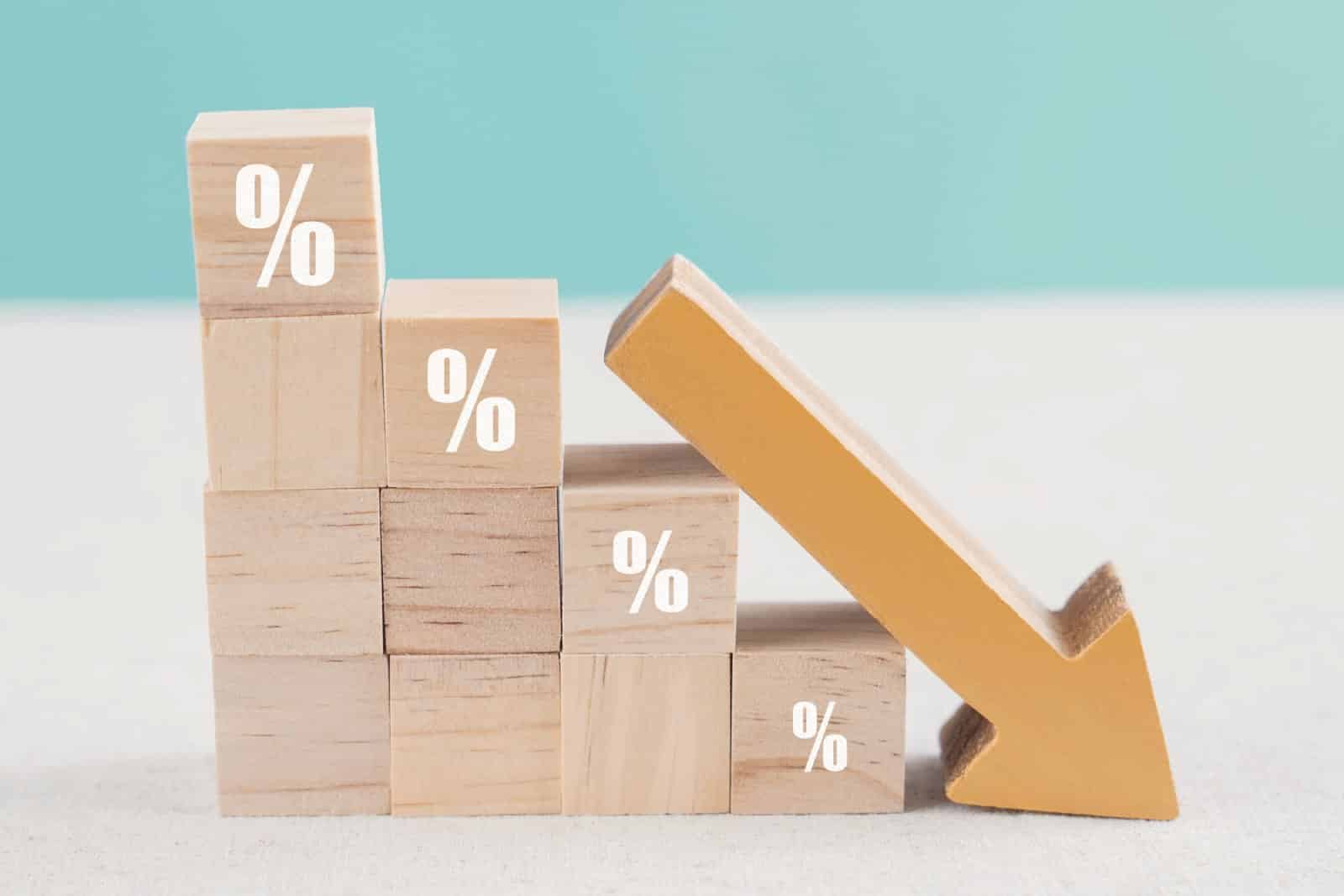By 2030, the world could be facing a significant oil supply surplus. This could not only affect companies, but may create cheaper fuel prices and drive changes in the job market. Understanding how these dynamics could impact Americans is important as we approach this potential new era.
Change in Oil Supply

The International Energy Agency (IEA) predicts a significant oil supply by 2030, which could greatly impact the United States and Americans. This project signals a potential shift in how Americans interact with the oil market and other energy industries.
Supply Surge Ahead

By 2030, oil production is projected to hit 114 million barrels per day, which is an 8 million barrel per day surplus. These conditions could drastically affect our behavior.
Lack of Demand

Global oil demand is expected to continue slowing, eventually plateauing at the end of this decade. The market has been shifting away from oil dependency, but this new prediction might change things.
Price Drop Implications

This giant surplus could drive oil prices down. For American consumers, this might mean cheaper gasoline prices in the short term, but the long-term effects could be more complex.
U.S. Shale Impact

The U.S. shale industry, which is a significant player in our domestic oil production, could be strained. Lower prices might make shale extraction less profitable, leading to job loss and economic shifts in regions that depend on oil.
Clean Energy Transition

The world has been moving away from oil dependency and toward renewable energy sources. This clean energy transition’s interaction with a surplus could get complicated.
OPEC+ Adjustments

OPEC+ has been planning to cut its production to stabilize prices and match the growing demand for renewables. This surplus might change these plans in order to remain competitive against cheap global prices.
Electric Vehicle Revolution

Currently, electric vehicles are becoming more common and reducing our oil consumption. As more consumers and businesses switch to EVs, the demand for gasoline and diesel is on the decline.
Fuel Efficiency Increase

Even conventional vehicles have been limiting the oil demand, as cars have increased in fuel efficiency. Technological advancements are giving cars the ability to travel further on less fuel.
Shifts From Surplus

While we’re shifting as a society away from gas-guzzling vehicles, the lower oil prices could slow the adoption of electric vehicles. Lower oil prices seem like a positive side effect, but this could delay the transition to cleaner energy alternatives.
Renewable Energy Push

Despite these potential price drops, the push for renewable energy remains strong. Government policies and increasing demand for sustainable options are driving investment in renewables and leading us away from a heavy oil dependency.
Strategic Shifts for Companies

American companies and business owners may also be impacted. Businesses relying on oil might choose to explore renewables, but other companies may choose to wait for the predicted low-price environment.
Job Market Effects

The volatility of the oil market may create economic instability, directly impacting American jobs. The surplus and resulting low prices might reduce employment in oil-rich states like Texas and North Dakota.
Environmental Concerns

Lower oil prices might undermine efforts to reduce our carbon emissions. The country might see a slower transition to a low-carbon and energy-efficient lifestyle, impacting our ability to meet national climate goals.
Policy Responses

U.S. policymakers may need to consider adjusting the regulations and incentives to balance the market during the surplus. Both subsidies for renewable energy and stricter emissions standards might help us to maintain our momentum towards sustainability.
Energy Independence

The U.S.’s stance on energy independence might be at risk from an oil surplus. While lower reliance on foreign oil is beneficial, the domestic industry must remain stable to help us reach independence.
Consumer Behavior

Generally, Americans are becoming more environmentally conscious. This is reflected in their purchasing decisions, which are likely to continue despite the potentially lower oil prices.
Lessons from the Pandemic

The COVID-19 pandemic made us more aware of the vulnerabilities of the oil market. The demand shock that occurred during lockdowns can hopefully be used as lessons for future surpluses.
Global Position

It’s possible that the U.S. might experience a shift in its global oil market role. A surplus may drive the U.S. toward exporting more oil, affecting international relations and trade dynamics.
Long-Term Outlook

The anticipated oil supply surplus of 2030 presents significant challenges and potential opportunities for Americans. Long-term strategies are important for businesses, policymakers, and consumers to navigate the market.
Remote No More: 19 Companies Returning to the Office

As the pandemic wanes, companies are recalling remote workers back to the office, sparking debates on fairness, costs, and convenience. However, there are also notable productivity, coworking, and mental health benefits to consider. Feeling the effects of these changes? Remote No More: 19 Companies Returning to the Office
8 Costco Must Buys and 8 to Leave Behind

Ever wandered Costco’s aisles, questioning if that giant jar of pickles is a real bargain? Or debated buying tires where you get your rotisserie chicken? Welcome to the definitive guide to Costco shopping—a journey to save money, prevent regrets, and offer quirky insights into bulk buying. 8 Costco Must Buys and 8 to Leave Behind
23 Reasons Texas Is the Next Big Thing

Texas is becoming a beacon of opportunity, blending cultural heritage with economic growth. From its landscapes to its industries, the Lone Star State offers a dynamic lifestyle. Here are 23 reasons why Texas stands out, attracting entrepreneurs, artists, tech professionals, and families seeking new beginnings. 23 Reasons Texas Is the Next Big Thing
The post How a Future Oil Surplus Might Make Gas Cheaper first appeared on Liberty & Wealth.
Featured Image Credit: Shutterstock / SasinTipchai.
The content of this article is for informational purposes only and does not constitute or replace professional financial advice.

